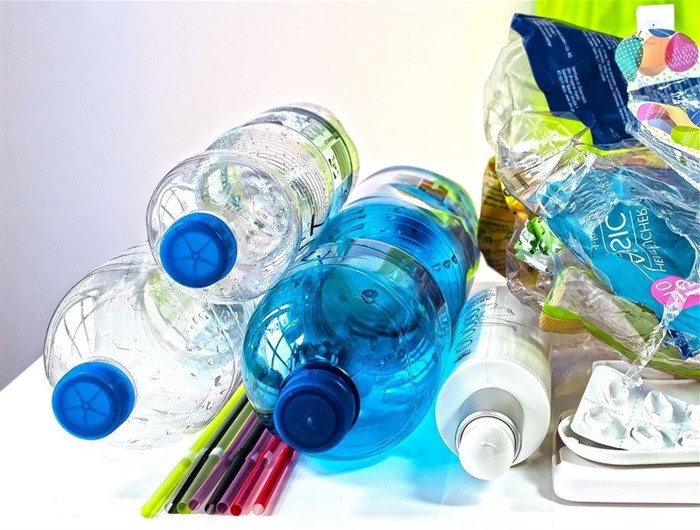
Top stories






More news


Marketing & Media
Ads are coming to AI. Does that really have to be such a bad thing?














Michelene Locke, sales director at ITB Flexible Packaging Solutions (ITB), a Novus Holdings company, says that consumers need to understand why recycling is key to keeping plastic out of the environment, and our oceans.
“Plastic is not inherently bad; it is our behaviour around plastic that needs to change. In some cases, plastic has the least cost to the environment, as long as it is recycled,” says Locke.
She says that plastic, if recycled, underpins the economic concept of the ‘circular economy’, in which products and materials are kept in use to build economic, natural, and social capital.
“Plastics can make a major contribution towards a circular economy, helping to achieve a more sustainable and resource-efficient future. Instead of using plastic once and then discarding it, by recycling it, consumers can play an active part in keeping the material out of landfills and oceans,” says Locke, adding that single-use plastic products can take hundreds of years to decompose if not recycled.
She adds that while plastic-free shopping bags, such as biodegradable or compostable bags are being explored as alternatives to plastic bags and adopted by some SA retailers, the research shows that this may actually be at higher cost to the environment, than continuing to use plastic bags.
Furthermore, a report compiled for the American Chemistry Council by renowned research firm TruCost in 2016 estimates that substituting plastic in consumer products and packaging with alternatives that perform the same function would increase environmental costs from $139 billion to a total of $533 billion.
Locke says that consumers must arm themselves with the facts, as “well-intentioned actions to protect the environment can actually be counter-productive”, such as ignoring the entire environmental footprint of products that are believed to be better for the environment.
“A cucumber wrapped in 1.5 grams of plastic lasts 14 days, while one without stays fresh for three days. The cost of reproducing a cucumber to replace the one that has gone bad is far higher to the environment, than the cost of producing 1.5 grams of plastic; provided that the plastic is then recycled.”
Locke adds that consumers should understand that sustainable material management, which looks at the life-cycle aspects of packaging and the use of natural resources, suggests that there is a far higher cost to the environment to use plastic-free alternatives, than using plastic responsibly by recycling.
“It is about understanding the choices we make. In order to make a true environmental impact, we must make informed choices, and behave responsibly,” concludes Locke.